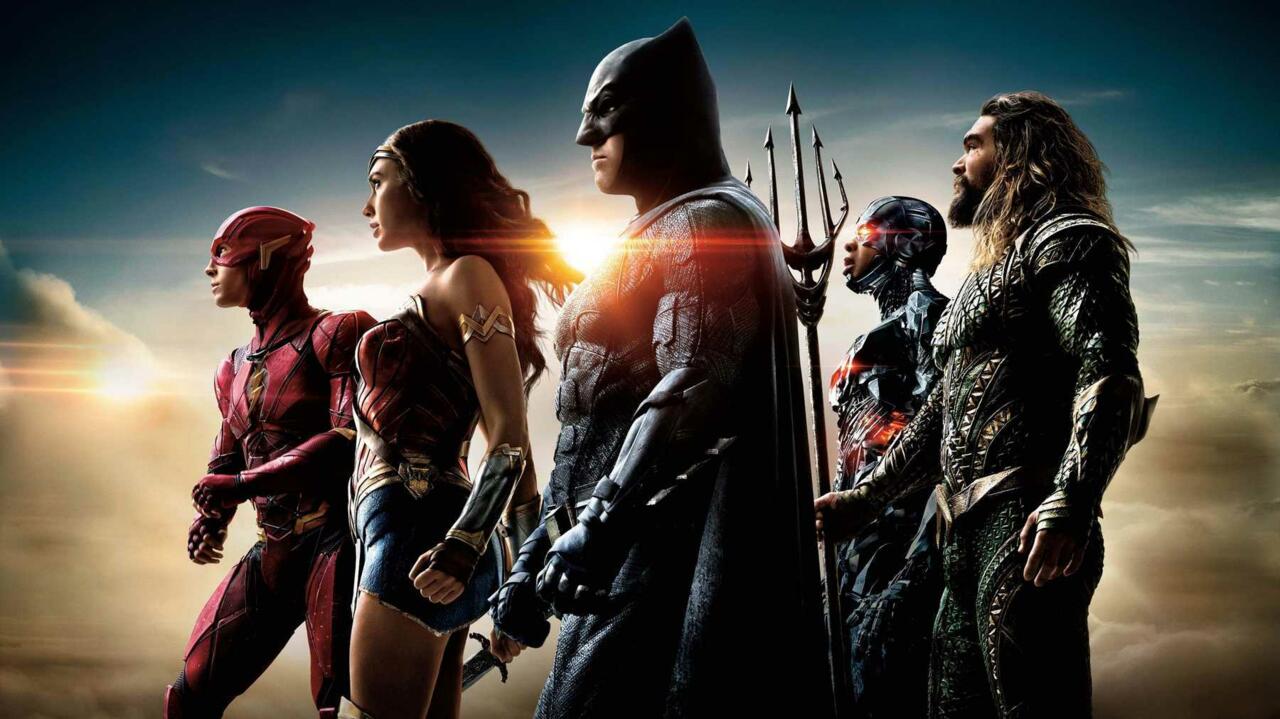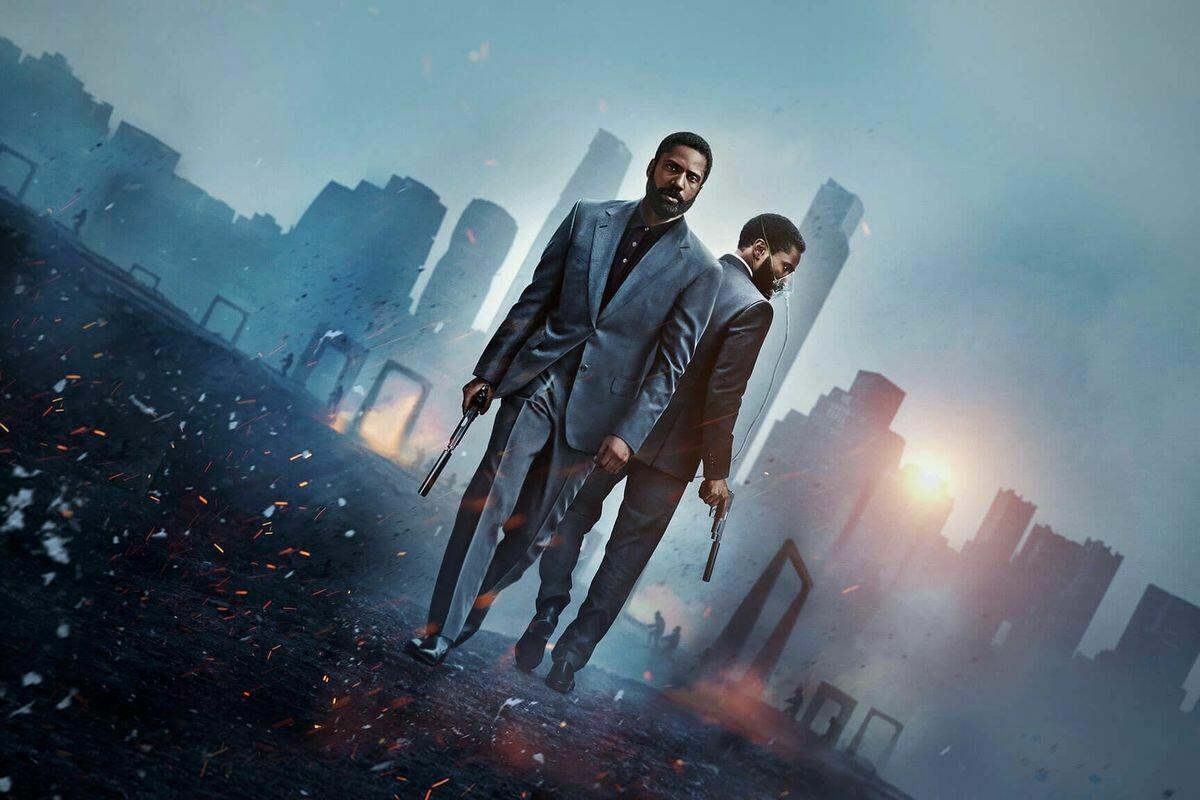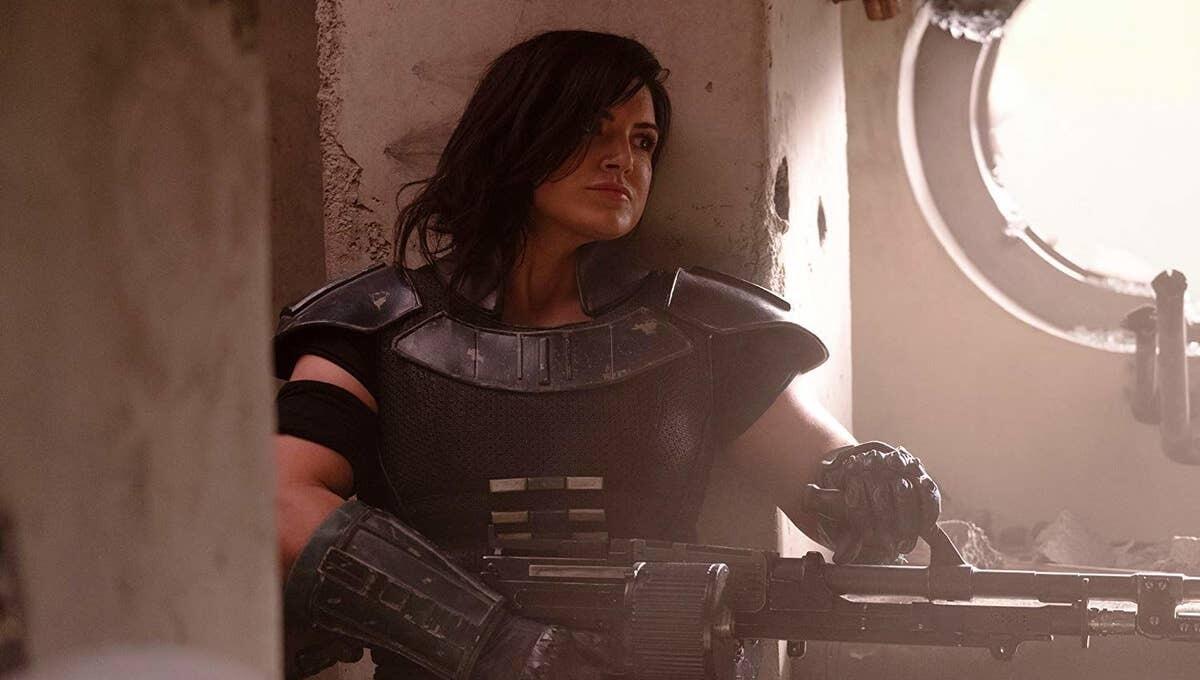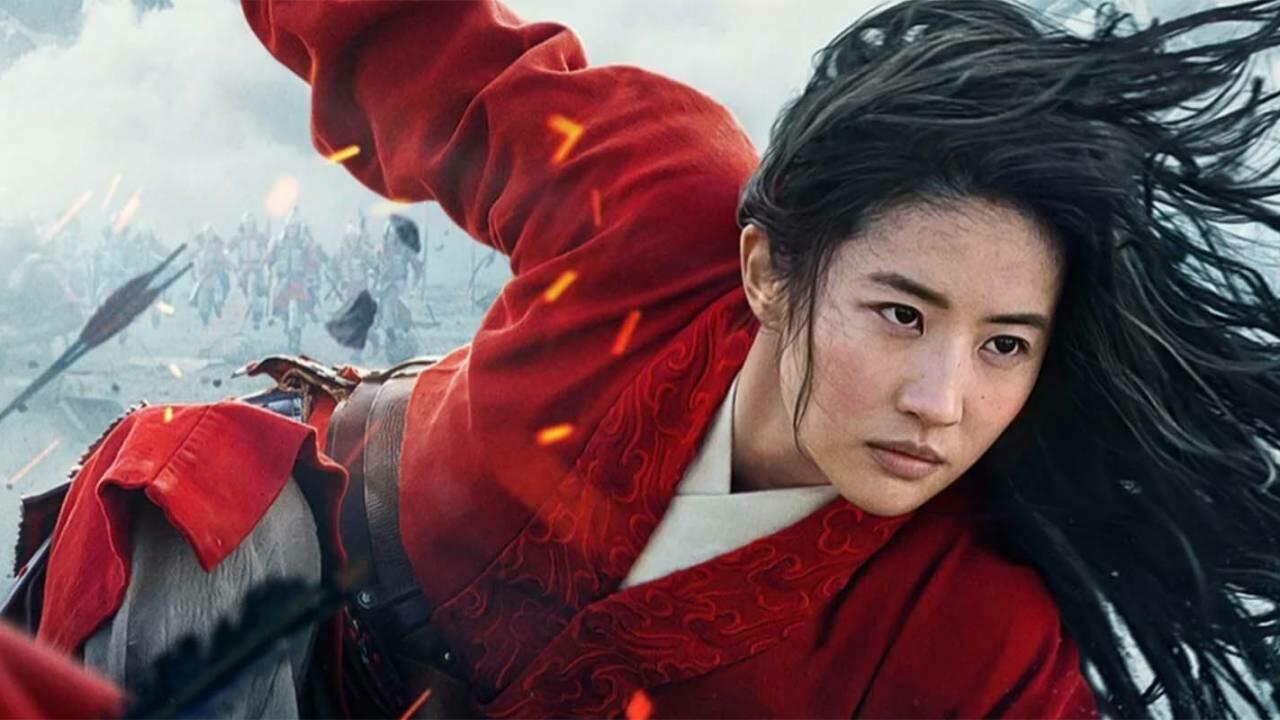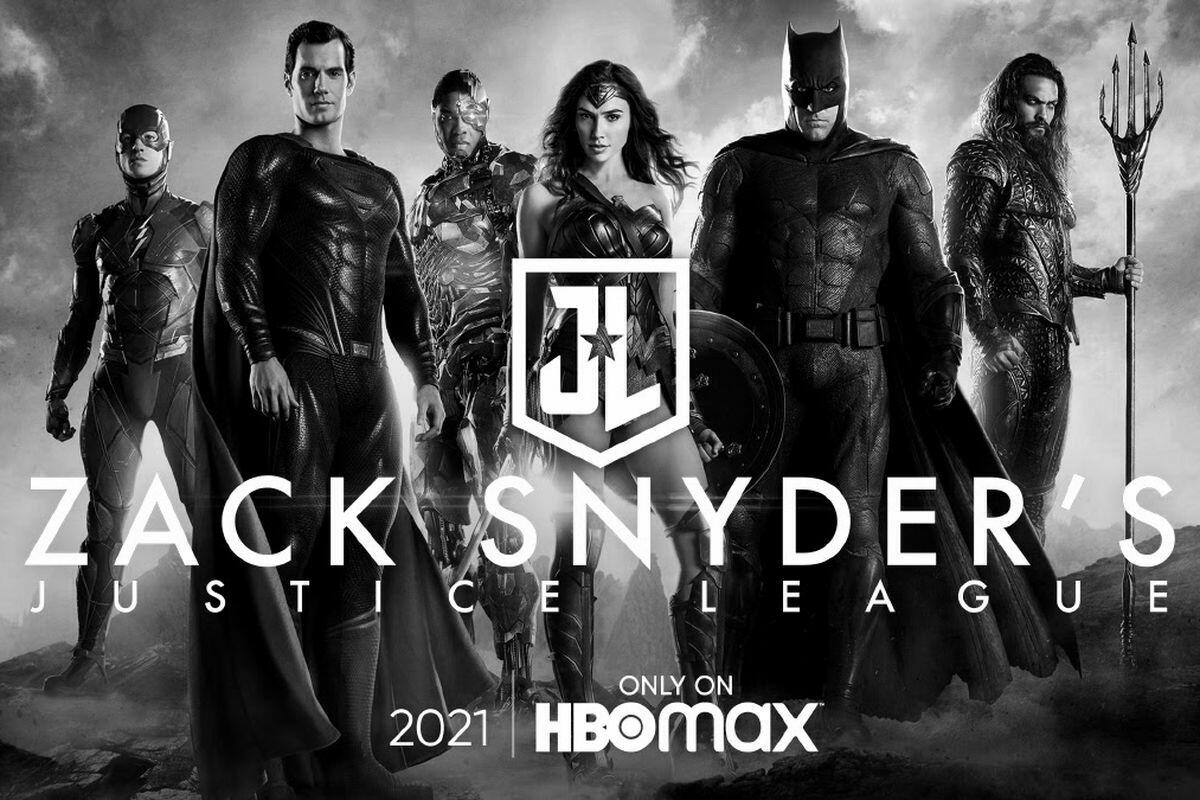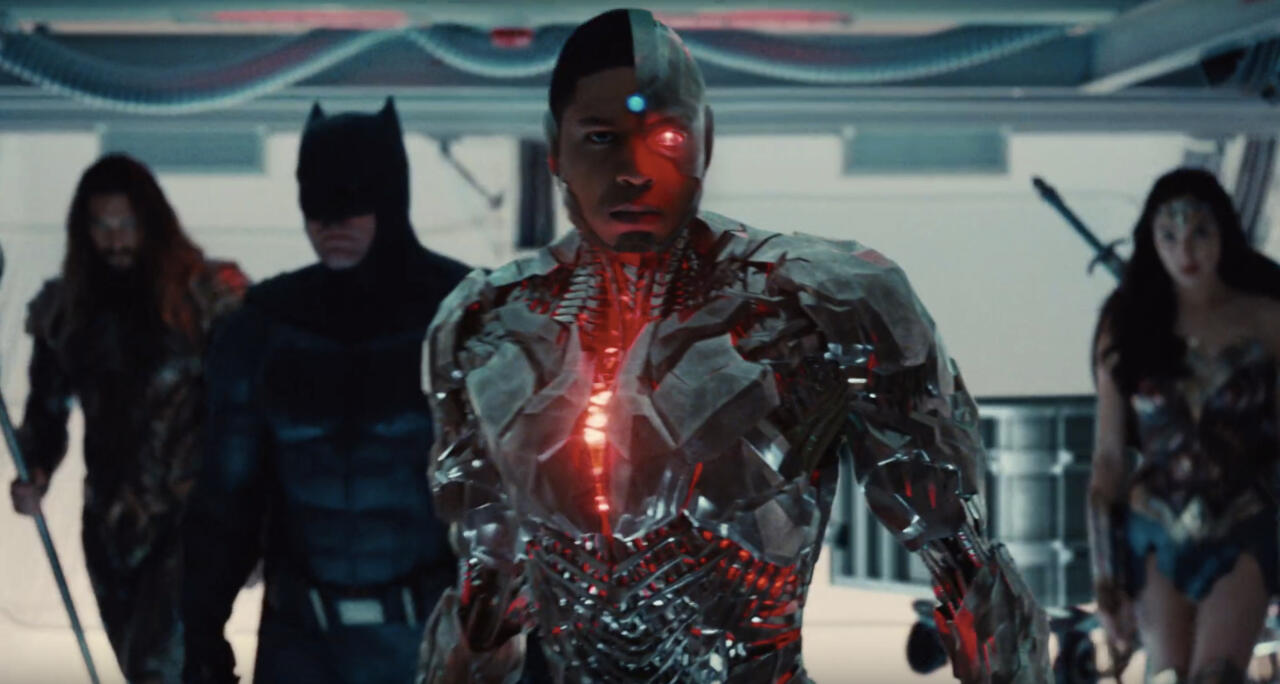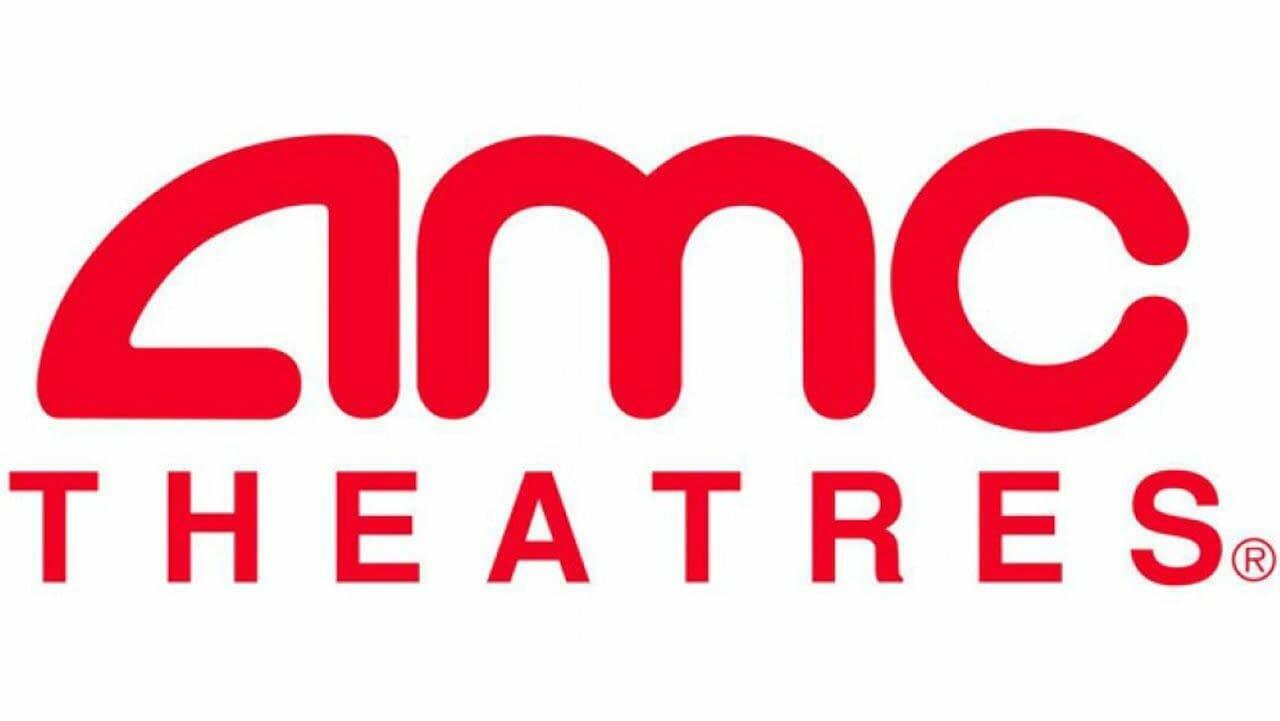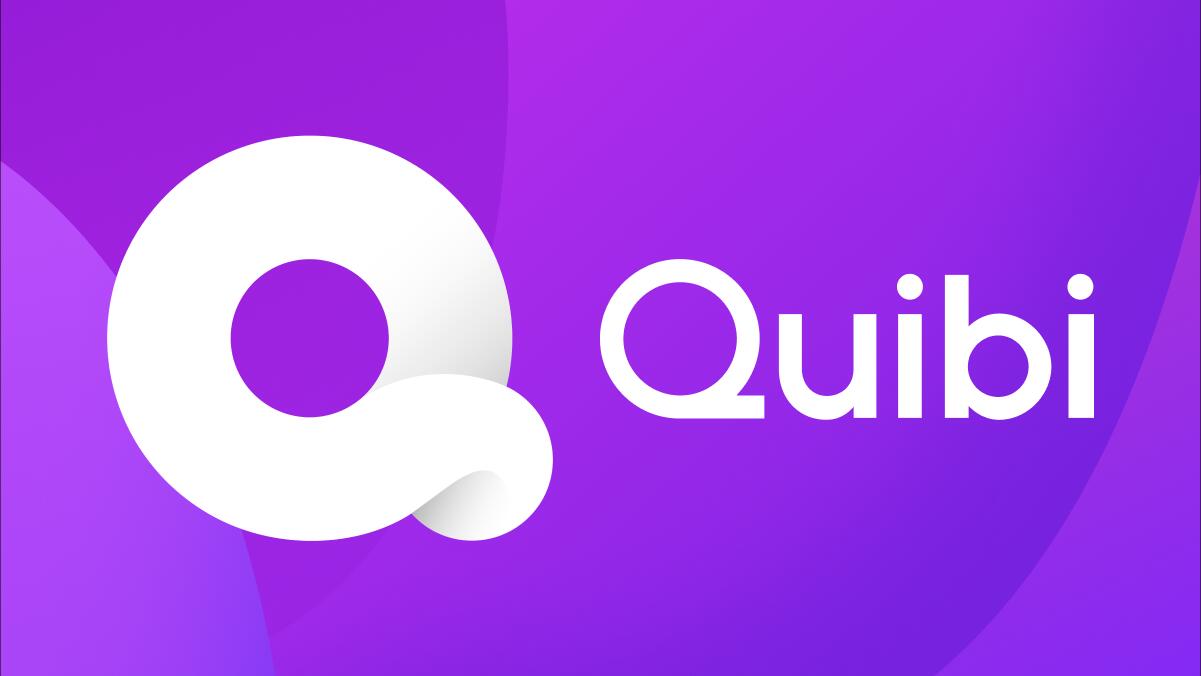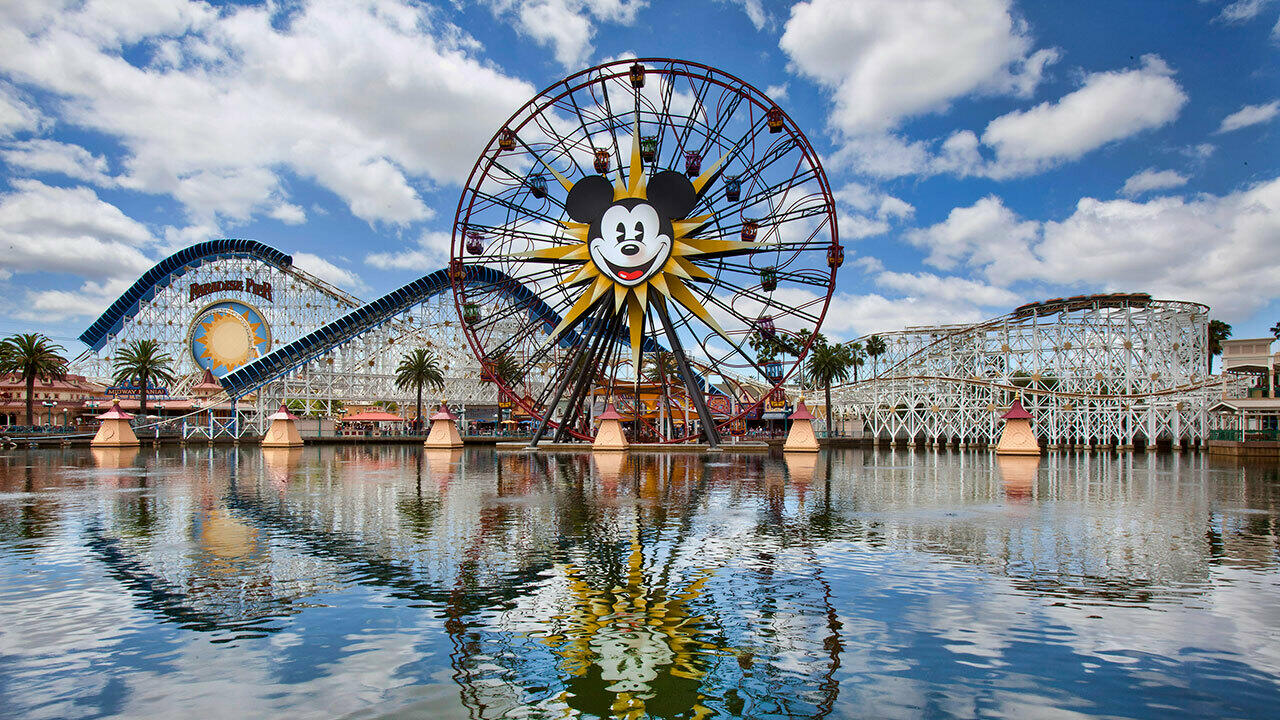2020's Biggest Entertainment Industry Controversies
GameSpot may receive revenue from affiliate and advertising partnerships for sharing this content and from purchases through links.
From bad tweets to failed streaming services, 2020 had plenty of controversy to go around in the entertainment industry.
2020 was a year unlike any other in modern history. Because of the COVID-19 pandemic, the world had to change. Culture had to change. Day-to-day existence had to change. Because of this, the controversies that happened in the entertainment industry were unlike any we've seen in the past and nothing we could have ever predicted.
From movie theaters closing for the majority of the year and trying to stay afloat to thousands of people losing their jobs, this whirlwind year felt like it was never going to end. Of course, like any other year, there were also the traditional controversies of a celebrity having a bad take on something, which couldn't be ignored.
Below, you'll find the nine biggest entertainment industry controversies for the year, and if you want more retrospective reading, check out the worst ranked movies of the year, and the best TV shows and movies you might have missed in 2020. And for a look into the future, check out our lists for the biggest upcoming movies, TV shows, horror movies, and anime to look forward to in 2021.
Tenet's release
Because of th COVID-19 pandemic, movie release dates were pushed back, as theaters were closed. Originally, Tenet was going to arrive in July, and then was delayed on two separate occasions with a new release date of August 12, before being "delayed indefinitely." Weeks later, Warner Bros. announced American screenings on August 31, while the movie would open internationally on August 26. Nolan wanted audiences to see this movie in theaters, rather than watching it at home. When Tenet was actually released, it obviously didn't do exceptionally well in the United States--because theaters were closed. Warner Bros. demanding to push this movie out in 2020 is confusing, considering that most movies were either pushed to 2021 or released on demand--two much more acceptable choices considering the circumstances..
Disney actors saying stupid things publicly
This year saw two instances of high-profile Disney stars--one from the Marvel Cinematic Universe and the other appearing semi-regularly on Disney+’s The Mandalorian--drawing the ire of fans online due to posts on social media. Gina Carano, who plays Cara Dune on The Mandalorian, came under fire after adding "boop/bop/beep" to her Twitter profile, after calls from fans to add her preferred pronouns. The move was seen as an attempt to mock the practice, which led to a followup tweet from Carano. "They're mad cuz I won't put pronouns in my bio to show my support for trans lives," she wrote. "After months of harassing me in every way. I decided to put 3 VERY controversial words in my bio.. beep/bop/boop." Additionally, Carano has tweeted images and messages about alleged voter fraud and wearing masks amid the COVID-19 pandemic. She later commented that she would be starting an account on Parler, a social media platform that has become particularly infamous for hosting controversial conservative personalities.
Then there is Letitia Wright, who played Shuri in Black Panther. The actress, who many fans wanted to see take on the superhero mantle from the late Chadwick Boseman in the upcoming sequel, faced backlash after sharing a video that questioned the legitimacy of the COVID-19 vaccine and included intolerant comments about transgender people. After followers took her to task for using her platform to signal boost the video, she tweeted, "If you don't conform to popular opinions. but ask questions and think for yourself...you get cancelled." She further tweeted, "My intention was not to hurt anyone, my ONLY intention of posting the video was it raised my concerns with what the vaccine contains and what we are putting in our bodies." Wright later deleted her Twitter account.
Mulan's release and filming
When Disney announced that its live-action Mulan would be coming to Disney+ rather than theaters, the excitement was immediately undercut by a startling price tag. If you wanted to settle in to stream the film, it would cost you an extra $30 on top of your subscription to the service. Then, when the movie was made available, viewers noticed that the credits thanked government bodies in Xinjiang, a province where filming took place--where around two million Uighur Muslims have been forced into concentration camps as part of a government plan to "reeducate" them. This sparked public outcry and calls for boycott--not exactly the conversation Disney likely hoped for.
HBO Max and Peacock's fumbled launches
2020 was a big year for new streaming services--and what a perfect year for it. Quibi, HBO Max, and Peacock launched, and two out of the three had major corporations backing them. HBO Max is from WarnerMedia and Peacock is from NBCUniversal. However, both of their launches were met with little fanfare because of user accessibility. Both services lacked apps on Amazon Fire TV and Roku devices due to disagreements with those companies. However, those two devices are popular choices for viewers. While HBO Max eventually made nice with both companies--most likely because Warner Bros. was launching Wonder Woman: 1984 on the service on Christmas Day--Peacock is still not available on Amazon.
The Snyder Cut becoming a real thing
"Release the Snyder Cut" is a phrase many people have heard time and time again, referring to Zack Snyder's cut of Justice League. It was a movie he had to step down from directing--which Joss Whedon took over--after Synder had a death in the family during production. Fans were passionate and loud about the Snyder Cut's existence for years, and even the actors eventually joined in. At the very end of 2019, Snyder himself confirmed its existence, and at the time, the director's cut had a runtime of over three and a half hours. In May, HBO Max announced it would be airing this definitive cut of the movie on the streaming service in 2021. Even more outlandish is that the film would be four hours long, cut to four, one-hour long parts as a limited series.
Ray Fisher vs. Joss Whedon/Warner Bros.
In the wake of the Snyder Cut announcement, Ray Fisher--who plays Cyborg in Justice League--posted a video on Twitter from a previous Comic-Con showing him praising Joss Whedon for coming aboard to take over for Zack Snyder. However, the caption that went along with the video said otherwise: "I’d like to take a moment to forcefully retract every bit of this statement." From there, Fisher went on to say Whedon's treatment of cast and crew during filming was "gross, abusive, unprofessional, and completely unacceptable." Co-star Jason Momoa stood with Fisher as an investigation was launched into Whedon's behavior. During the investigation, Whedon stepped down from writing, directing, and executive producing the HBO series The Nevers. Fisher has also come out to accuse Warner Bros. executives of racism. But even with this going on, Fisher will still reprise his role as Cyborg for the Snyder Cut reshoots.
AMC yelling at everyone
One of the industries hit hard by the COVID-19 pandemic was movie theaters. Because of how infectious the virus is, having people in enclosed rooms for hours isn't a smart idea, so of course, movies theaters remained closed for most of the year. AMC boss Adam Aron was a mainstay in the news during this time, attacking Universal for releasing Trolls: World Tour on demand instead of releasing it in theaters. Aron stated the chain would no longer carry Universal films for a short time, before the two came to an agreement. And Aron found himself in the news again after Warner Bros. announced its slate of films would be coming to HBO Max and theaters simultaneously. While Aron's remarks seem outlandish, AMC lost billions of dollars over the course of the year.
The birth and death of Quibi
Three streaming services launched during a year when people spent a whole lot of time binge-watching content while stuck at home. However, Quibi took a chance at something very different with a mobile-only service where you could watch content in both horizontal and vertical formats and everything ran no longer than 10 minutes per episode. With revamps of Reno 911 and MTV's dating show Singled Out leading the way, Quibi hoped to bring in a younger demographic. However, it didn't accomplish what it set out to do. The service launched in April and shut down forever on December 1.
Disney lays off 28,000 people from theme parks and tries to blame California
COVID-19’s impact on the entertainment industry was felt far and wide, including at theme parks. Disney and Universal closed their parks around the world early on in the pandemic. While many have reopened, those in California remain shuttered as the state continues grappling with rising COVID-19 infection numbers. Along the way, Disney announced it would be letting go of 28,000 employees in its Parks, Experiences, and Products division. The company said the move was “exacerbated in California by the State’s unwillingness to lift restrictions that would allow Disneyland to reopen.” The company has since readjusted the number of layoffs, letting go of even more employees.
